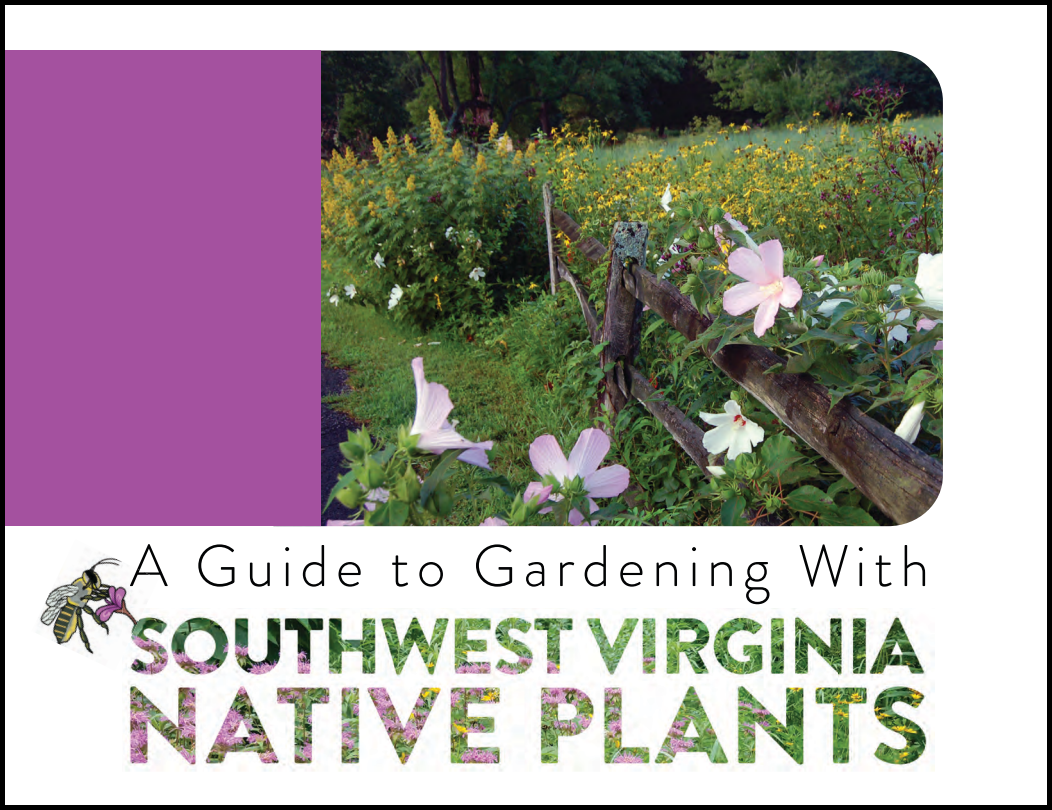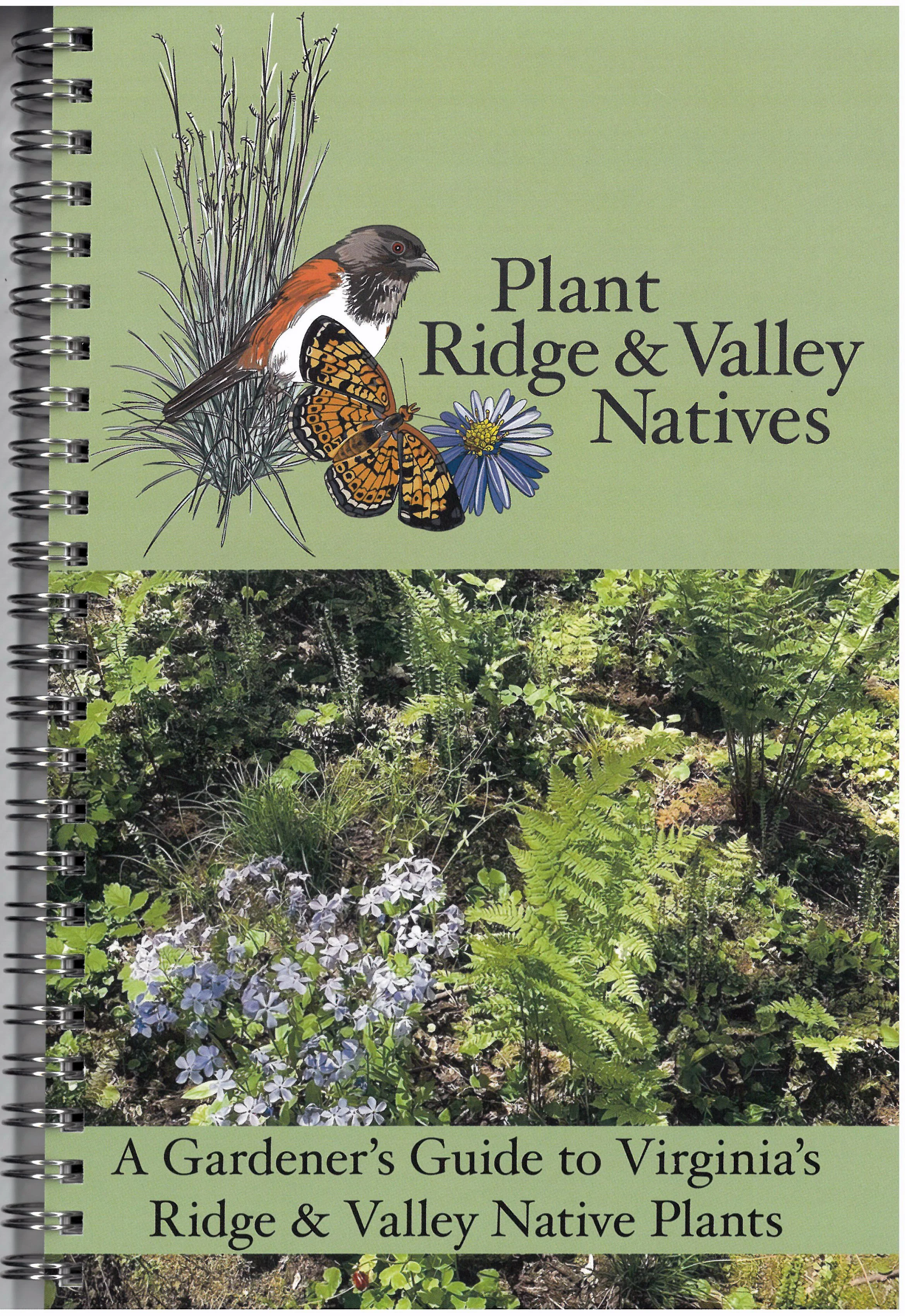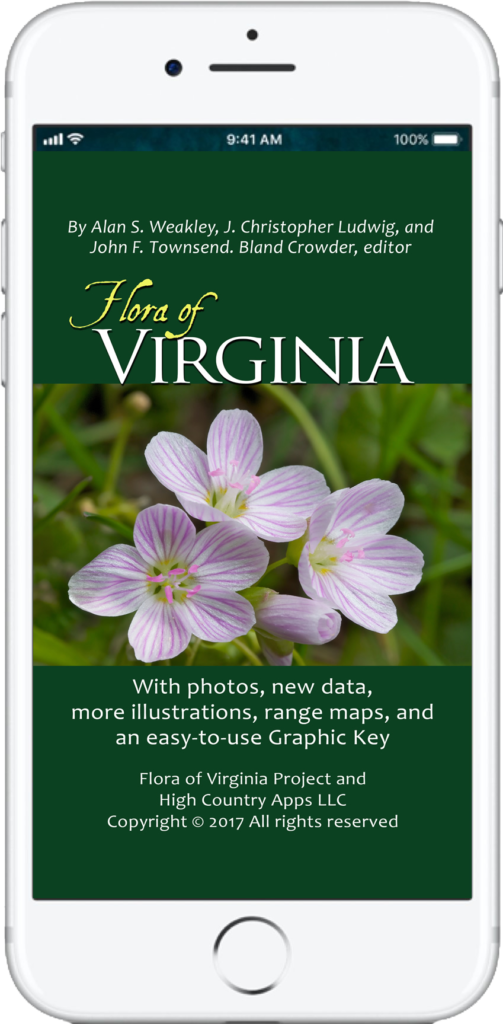RICHMOND, Va. — The Virginia Department of Transportation (VDOT) will install 135 new acres of pollinator habitats this year as part of its ongoing commitment to protect the valuable ecosystem provided by pollinators such as bees, birds, butterflies, bats, beetles, flies, and more.
Since 2014, VDOT’s Pollinator Habitat Program has created naturalized areas of native plants along state-maintained roads and properties that provide habitats to threatened and dwindling pollinator species. The program began with four plots in Northern Virginia.
This year marks five years since VDOT joined the nationwide Monarch Butterfly Candidate Conservation Agreement with Assurances, a voluntary agreement between energy and transportation partners and the programs’ administrator, the University of Illinois-Chicago. VDOT’s initial five-year goal was to proactively implement conservation measures on roughly 3,100 acres of interstate roadsides to support the monarch butterfly. Five years into the program, VDOT estimates contributing around 8,000 acres of pollinator habitats along VDOT roadways, well above the initial goal. VDOT performs monitoring each spring season to document milkweed and nectar flowering species.
“Supporting pollinator conservation is a win-win for VDOT, because the agency can save money and improve efficiencies, and pollinators gain thousands of acres of habitat,” said Chris Swanson, director of VDOT’s Environmental Division. “We value being good stewards of the environment, which is why, throughout the Commonwealth, we’re working to provide safe habitats for pollinators to ensure a healthy and sustainable future.”
This year, VDOT and partners will add 107 acres of pollinator habitat plantings in Hampton Roads, 22 acres in the Greater Richmond region and about six acres in Southern Virginia. Last year, VDOT planted 82 new acres across the Commonwealth.
Pollinator corridors assist VDOT in efficiently delivering a safe transportation system. Roadside vegetation reduces erosion and stormwater runoff while providing sediment control. With more flowers and vegetation, VDOT beautifies the roadsides and saves time and money by reducing how often it needs to mow areas along the roadways. Additionally, roadsides with healthy plant communities can better resist invasive plants that can require the use of herbicides.
Governor Glenn Youngkin proclaimed June 17-23 as Virginia Pollinator Week in recognition of the important role of pollinators to the Commonwealth’s environment and agricultural economy.
Wildflower and Protect Pollinators license plates help fund the Pollinator Habitat Program. VDOT has partnered with the Department of Motor Vehicles to offer special license plates to support the program.
June 17, 2024 Press Release














